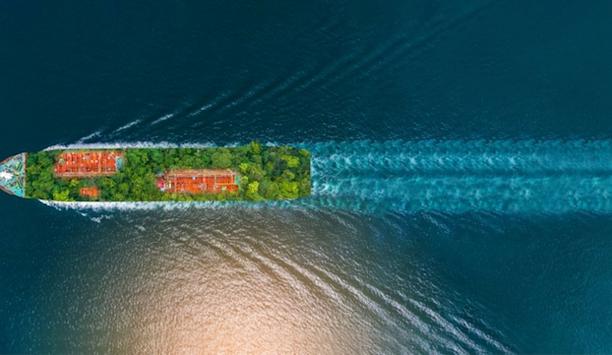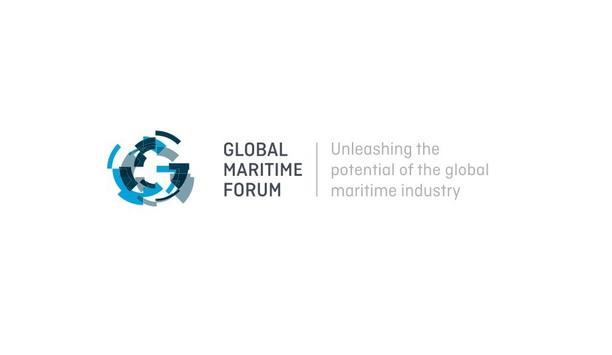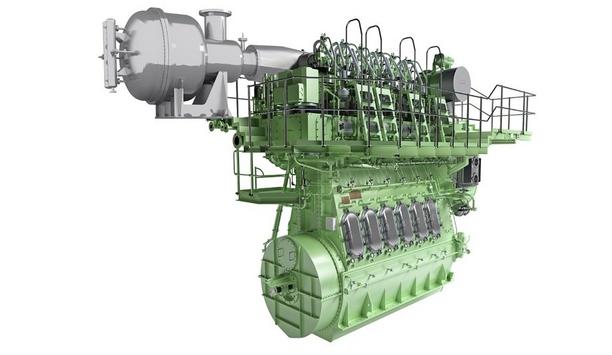Over the next months, the European Union (EU) is introducing a range of policy and regulatory proposals related to the shipping industry as part of the ‘Fit for 55’ package. The package is aimed at achieving the decarbonisation goals set out in the European Green Deal.
The newly published Getting to Zero Coalition Insight Brief – 'How EU Contracts for Difference can support zero-emission fuels' – outlines how the EU could use shipping-related Emissions Trading System (ETS) revenues to fund a program of targeted Contracts for Difference (CfD) to incentivise private investment into the production and use of zero-emission shipping fuels.
Zero Coalition’s target
A previous Insight Brief recommends that EU policy should be designed and implemented with reference to the Getting to Zero Coalition’s target of having commercially viable zero-emission vessels operating along deep-sea trade routes by 2030, with at least five percent scalable zero-emission fuels (SZEFs) in international shipping.
However, a key barrier to achieving this aim by 2030 is the significant competitiveness gap that exists between fossil fuels and zero-emission fuels. According to the newly published Insight Brief, a portion of this cost gap will be reduced by the EU expanding its Emissions Trading System (ETS) to include shipping.
EU Emission Trading System
Contracts for Difference can be a key policy instrument in scaling green shipping corridors"
“Contracts for Difference can be a key policy instrument in scaling green shipping corridors and are likely to be amongst the most effective channels to recycle EU ETS revenues for shipping,” says Aparajit Pandey, Shipping Lead at Energy Transitions Commission.
Yet, the inclusion of shipping into the EU Emission Trading System will only result in a small reduction of this gap. Therefore, in addition to putting a price on emissions from fossil fuels, the EU ETS should, according to the Insight Brief, be complemented by support mechanisms that will reinvest shipping-related ETS revenues into projects that will support the production and use of zero-emission fuels, which will drive down their cost similar to what was done for renewable electricity such as wind and solar.
CfD program
The Insight Brief finds that to refine scalable zero-emission fuel technologies and to achieve the high production volumes required to bring prices down, incentive systems must be implemented to encourage demand and stimulate private investment. The EU can provide these incentives for private investments through a program of Contracts for Differences targeted at different segments of the shipping sector and a range of SZEFs.
Specifically, a CfD program that supports at least five percent SZEFs in EU shipping would cost an estimated 1.2 billion euro annually. This can, the brief states, comfortably be funded using shipping-related ETS revenues which is estimated at 5 to 9 billion euro annually depending on the ETS price.
Leveraging EU funds
Insight brief concludes a potential EU CfDs program should focus on Green Corridor shipping
The insight brief concludes that a potential EU CfDs program should focus on Green Corridor shipping routes with high potential for emission reduction, combined with favourable characteristics such as cross-value chain collaboration, customer demand, viable fuel pathways, and favourable policy/regulatory environments.
This will provide an effective way of leveraging EU funds to rapidly refine SZEF technologies and make it possible to achieve the goal of five percent SZEFs in EU shipping by 2030 towards the goal of full decarbonisation of the shipping sector by mid-century.
Decarbonisation of shipping
Kasper Søgaard, Managing Director, Head of Institutional Strategy and Development at the Global Maritime Forum, said “For full decarbonisation of shipping to be possible by 2050, we should reach five percent scalable zero-emission fuels by 2030 to allow for rapid uptake in the following decades. But we won’t get to five percent without incentives that kickstart investment into zero-emission fuels, so that costs come down."
He adds, "We’ve seen policy measures like Contracts for Difference work for solar and wind and they can have the same catalytic impact for zero-emission shipping fuels.”











